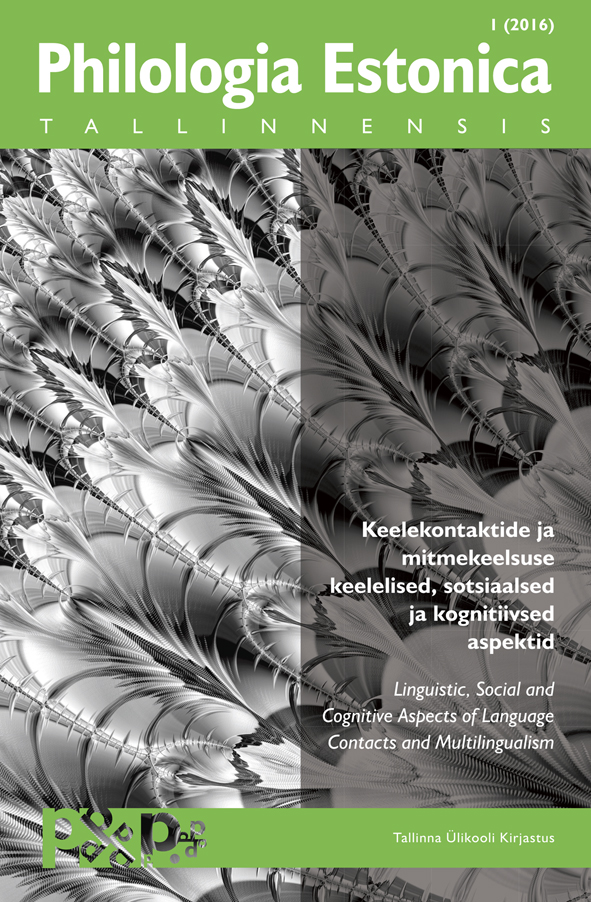Limited common ground, unlimited communicative success.
Limited common ground, unlimited communicative success.
An experimental study into Lingua Receptiva using Estonian and Russian
Author(s): Daria Bahtina-Jantsikene, Ad BackusSubject(s): Language and Literature Studies, Computational linguistics, Finno-Ugrian studies, Eastern Slavic Languages
Published by: Tallinna Ülikooli Kirjastus
Keywords: lingua receptiva; meta-communicative devices; L2 proficiency; multilingualism; common ground; Estonian; Russian;
Summary/Abstract: Previous research on Estonian-Russian interaction suggests that lingua receptiva (LaRa), or Receptive Multilingualism, has the potential to create, boost or restore common ground, or mutual understanding, in situations where common ground is jeopardized. This mode is characterized by the simultaneous use of multiple languages as interlocutors each speak their mother tongue and count on the receptive skills of the other. Alignment in the LaRa mode was tested in a series of experiments. Th e use of various meta-communicative strategies provided insight into the mechanisms behind LaRa. Their distribution was influenced somewhat by L2 proficiency and exposure to multilingual communicative situations. Interestingly, higher L2 knowledge was not a prerequisite for success. Moreover, it was the composition of the dyad rather than the characteristics of the individuals that had predictive power regarding communicative success.
Journal: Philologia Estonica Tallinnensis
- Issue Year: 1/2016
- Issue No: 1
- Page Range: 17-36
- Page Count: 20
- Language: English

